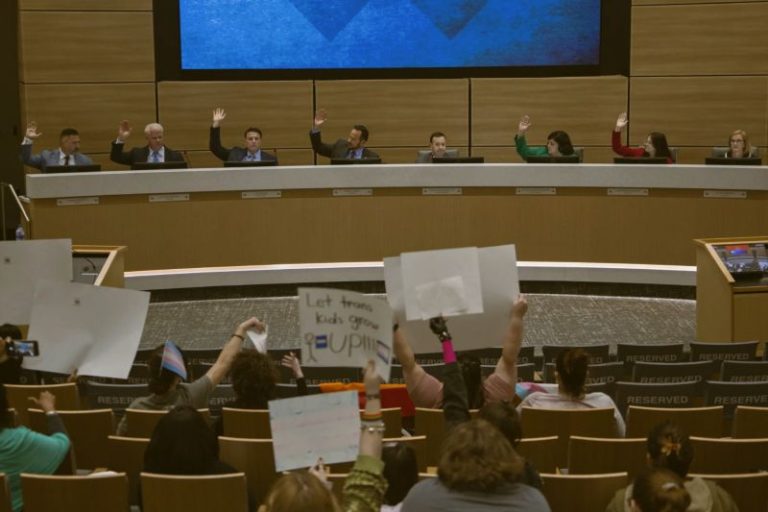

Student loans have become a necessary evil for many people looking to further their education. But where did they come from? And were they always a thing? In this blog post, we will explore the history of student loans and discuss some of the pros and cons of taking out these types of loans. We will also provide some tips on how to best manage your student loan debt. So whether you’re just starting your college journey or are already knee-deep in student loan debt, read on for information that could be helpful to you!
The History Of Student Loans
The first student loan programs were created in the United States in the late 19th century. At that time, college was only accessible to a small percentage of people and most students came from wealthy families. The first student loans were designed to help these students needing a loan for further studies and training. In the early 20th century, the number of people attending college started to increase and so did the need for student loans. The federal government began to offer loans to students in need and by the mid-20th century, student loans had become a common way for people to finance their education. In the mid-20th century, the G.I. A Bill was enacted, which provided financial assistance to veterans of World War II. This bill also helped to increase the number of people attending college and taking out student loans.
The Pros And Cons Of Student Loans
There are both pros and cons to taking out student loans. On the plus side, student loans can help you finance your education when you may not have the money to do so otherwise. Additionally, most student loans offer deferment options, which means you can put off making payments on your loan until after you graduate. This can be helpful if you’re struggling to find a job after college or are having trouble making ends meet. On the downside, student loans can be difficult to repay and can end up costing you more in the long run if you’re not careful. Additionally, defaulting on your student loan payments can damage your credit score and make it harder to get a loan in the future.
Tips For Managing Your Student Loans
If you do decide to take out student loans, there are a few things you can do to help manage your debt. First, make sure you understand the terms of your loan and know when your first payment is due. Additionally, create a budget and stick to it. This will help you ensure that you’re able to make your loan payments on time and avoid defaulting on your loan. Finally, if you’re struggling to make your payments, reach out to your lender and see if there are any options available to help you.
Think Big Picture
When it comes to taking out student loans, it’s important to think about the big picture. Weigh the pros and cons of taking out a loan and decide if it’s right for you. If you do decide to take out a loan, make sure you understand the terms and conditions and create a budget to help you make your payments on time. By following these tips, you can help ensure that you’re able to successfully manage your student loan debt.
Loan Forgiveness Could Be Life-Changing

If you’re struggling to repay your student loans, you may be eligible for loan forgiveness. Loan forgiveness is when the government or your lender agrees to cancel all or part of your loan. This can be a huge relief if you’re struggling to make your payments and can help you get back on track financially. There are a few different ways to qualify for loan forgiveness, so be sure to research the options and see if you’re eligible. Some of the most common types of loan forgiveness are public service loan forgiveness, income-driven repayment plans, and Perkins loan cancellation. Public service loan forgiveness is available to those who work in certain public service jobs, such as teachers, nurses, and military personnel. Income-driven repayment plans allow you to make lower monthly payments based on your income. And Perkins loan cancellation forgives the remaining balance on your loan if you work in certain public service jobs.
Whether student loans are a good or bad thing is up for debate. However, there’s no denying that they’ve played a major role in helping people finance their education. If you’re considering taking out a student loan, it’s important to understand the pros and cons. So, be sure to research the options and make a decision that’s right for you.


